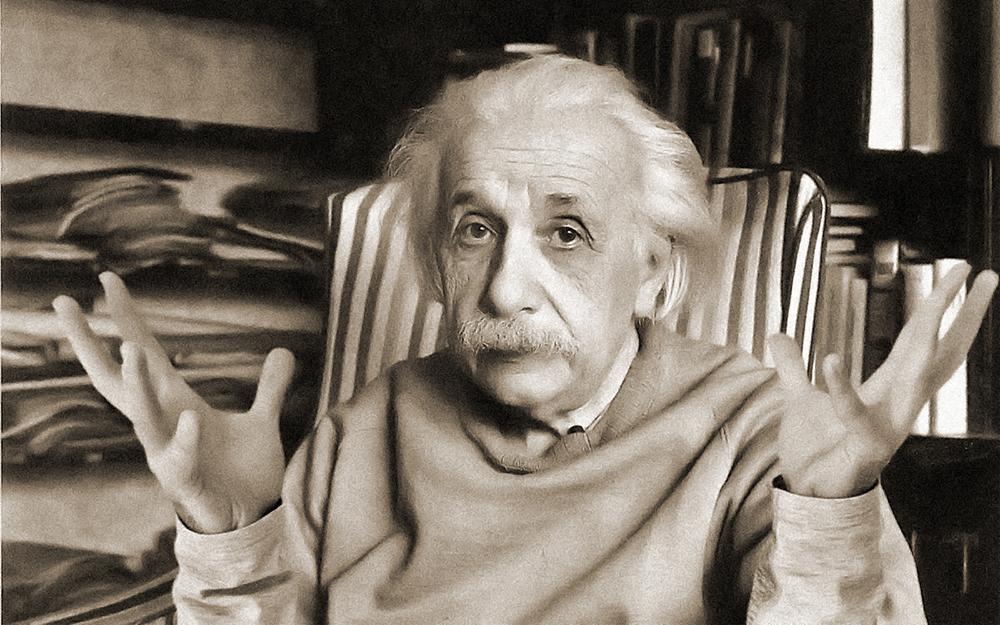
By Haddon Libby
Albert Einstein once said to his accountant Leo Mattersdorf, “The hardest thing in the world to understand is income taxes.” Mattersdof replied, “There is one thing more difficult, and that is your theory of relativity.” Einstein disagreed.
Income taxes are due on Monday, April 15th this year. For 2019, there is no 1040EZ form as everything is supposed to be easier. How the IRS can come to this conclusion is a bit sketchy as they also estimate that it will take ON AVERAGE 13 hours to complete your taxes. This is probably why three out of four people use an accountant, H&R Block or tax prep tool like Turbotax. Another 10% do not earn enough to file taxes while approximately 8% consider themselves tax savants who can do their own taxes without the aid of a computer or CPA. The rest get a friend or family member to do their taxes.
If you need more time to complete your taxes, you can file for an extension which gives you until October 15th to complete and file your taxes. Form 4868 can be found at www.irs.gov/pub/irs-pdf/f4868.pdf.
While the extension allows you an additional six months to complete your taxes, you must pay all taxes due for 2018 by April 15th. If you figure out that you should have paid more when you complete your taxes after the 15th, you will not only owe those taxes but a penalty that equals 0.5% of the amount owed for every month that the IRS does not get their vig.
Need a last minute tax deduction? Contribute to your 401(k) or tax-deferred retirement account. You can make contributions for 2018 at any point in 2019 so long as it is done before you submit your 2018 tax returns. People under 50 years of age can contribute up to $18,500 a year while those over 50 can contribute $24,500. If your tax-deferred plan allows for late contributions, be sure to get a written confirmation that the contribution was applied to 2018.
In 2018, Americans paid $5.1 trillion in taxes to their federal, state and local governments. To put this number into some kind of context, the Tax Foundation estimates that Americans spend the same amount for all of their housing, food and clothing. Medical remains one of the largest single expenditures for most American families.
Financial problems related to medical costs are but one of many reasons why the Tax Policy Center estimates that 44% of all Americans do not pay taxes. While most are due to low income, many of the most affluent maximize their legal tax deductions to create 0% tax rates for themselves as well.
While we all feel that we pay too much in taxes, the Organization for Economic Cooperation and Development (OECD) reports that the United States has the 3rd lowest rate of the 28 developed countries of the world. Only Chile and Mexico have lower tax rates while the French pay on average 45% of their earnings in taxes. Here in the United States, we pay 27 cents for every dollar earned. That said, the people of Alaska, Florida, Nevada, South Dakota, Washington and Wyoming pay no income taxes while those in New York, New Jersey, Illinois and California pay some of the nation’s highest tax rates.
While California taxes most of us at some of the highest rates in the United States, if you choose to gamble via the California State Lottery and win more than $5,000, those winnings are tax-free.
Haddon Libby is the Founder and Managing Partner of Winslow Drake Investment Management, a fiduciary only investment advisory firm. To reach Haddon or learn more about their award nominated services, email HLibby@WinslowDrake.com or visit www.WinslowDrake.com.










































